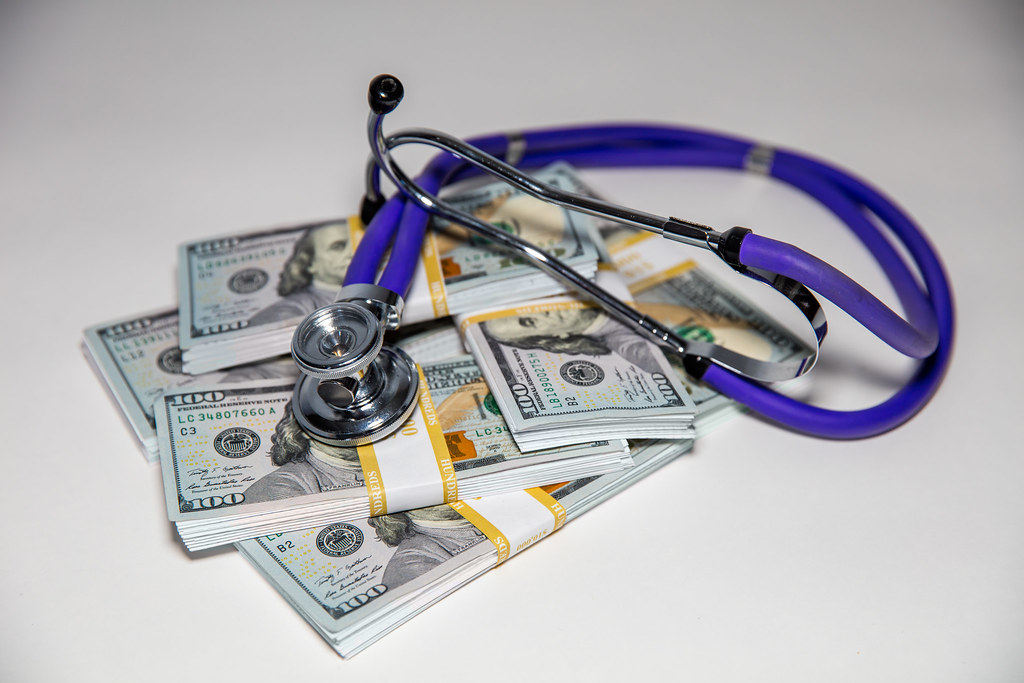Dollar-cost averaging is often touted as one of the most effective investment strategies. However, with a few modest adjustments—and a bit more effort—you might achieve even stronger returns.
Unfortunately, most employer-sponsored retirement plans don’t support these more nuanced approaches. So the general recommendation is to contribute to your 401(k) or 403(b) up to the employer match, and then invest through IRAs for the remainder. If you’ve maxed those out and still have room in your financial plan, consider using other tax-advantaged investment vehicles.
Let’s explore what happens when you invest $100 weekly from 2004 to 2024, without increasing the amount. If you invested every Friday, here’s what your return might look like:
📊 Strategy Comparison: $100 Weekly Investment (2004–2024)
| Strategy | Total Contributions | Estimated Ending Value | Approximate Gain |
|---|---|---|---|
| Friday Investing | $109,600 | ~$375,000 | ~$265,400 |
Not bad using dollar-cost averaging—but is Friday the optimal day to invest? Let’s compare it to Monday:
| Strategy | Total Contributions | Estimated Ending Value | Approximate Gain |
|---|---|---|---|
| Friday Investing | $109,600 | ~$375,000 | ~$265,400 |
| Monday Investing | $109,600 | ~$405,000 | ~$295,400 |
Why the gap? Historically, Mondays have yielded stronger average returns—possibly due to investors processing weekend news or institutional buying activity. Fridays, on the other hand, often involve profit-taking and lower trading volume, which may slightly dampen gains.
What if you only invested on down days?
Let’s imagine holding your investment until the market drops:
| Strategy | Total Contributions | Estimated Ending Value | Approximate Gain |
|---|---|---|---|
| Buy the Dip | $109,600 | ~$410,000 | ~$300,400 |
| Monday Invest | $109,600 | ~$405,000 | ~$295,400 |
| Friday Invest | $109,600 | ~$375,000 | ~$265,400 |
You can’t time the market perfectly, but using some basic rules could still improve results. Since markets tend to rise over time, waiting for too large of a drop could mean missing upside. So what if we only invested on days the market fell by at least 1%?
📊 S&P 500 Investment Strategy Comparison (2004–2024)
| Strategy | Total Contributions | Estimated Ending Value | Approximate Gain |
|---|---|---|---|
| Friday Investing | $109,600 | ~$375,000 | ~$265,400 |
| Monday Investing | $109,600 | ~$405,000 | ~$295,400 |
| Buy-the-Dip (Any Down Day) | $109,600 | ~$410,000 | ~$300,400 |
| Buy-the-Dip (≥1% Down Threshold) | $109,600 | ~$420,000–$425,000 | ~$310,000–$315,000 |
Want to push it further? Let’s say you only invest on qualifying dip days in the top 10 holdings of the S&P 500:
| Strategy | Total Contributions | Estimated Ending Value | Approximate Gain |
|---|---|---|---|
| Buy-the-Dip (≥1% Top 10 S&P 500 Stocks) | $109,600 | ~$450,000–$480,000 | ~$340,000–$370,000 |
Bottom line: Had you used this more selective approach, you might’ve seen nearly $100,000 in additional gains compared to sticking with Friday investments alone. Of course, past performance doesn’t guarantee future results—but history suggests that small strategic tweaks can yield significant long-term improvements.






